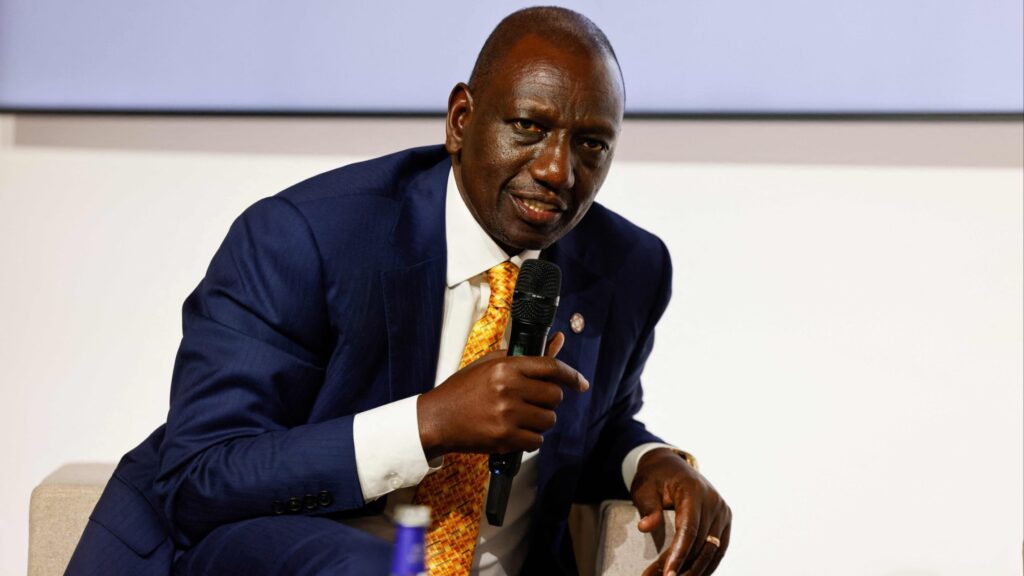With tax hikes and living costs in Kenya and Nigeria rising sharply, ordinary people in both countries are feeling the strain — as a result, Nairobi braces for more anti-government protests that are happening despite the government warning it would not tolerate further unrest after earlier demonstrations turned violent.
Kenya’s government closed schools in Nairobi and other areas as hundreds of protesters hurled rocks at police on Wednesday (18 July) in the capital city, which marked the beginning of three days of demonstrations called by opposition against rising living costs and tax hikes. Protesters burned tires in the Kibera neighborhood, a stronghold for veteran opposition leader Raila Odinga, and often a critical place for stand-offs with security forces.
Government forces have been deployed in hotspot areas around Nairobi and there have been reports of police firing teargas canisters at protesters, which has left at least four protestors injured.
Also, Nigeria’s economy has been under pressure as gasoline prices in the West African country soared to a historic high of 617 Naira ($0.7802) per liter, following the elimination of the fuel subsidy by President Tinubu in May. The surge in fuel costs was aggravated by the rising global oil prices and the devaluation of the naira against the dollar.
President Tinubu’s policies are aimed at pleasing foreign investors, but a devalued currency and soaring petrol prices mean ‘national sacrifice mode’ is widely unpopular as ordinary Nigerians are feeling the strain. Tinubu’s policies have increased living costs and drawn criticism from many Nigerians who have faced years of economic mismanagement.



